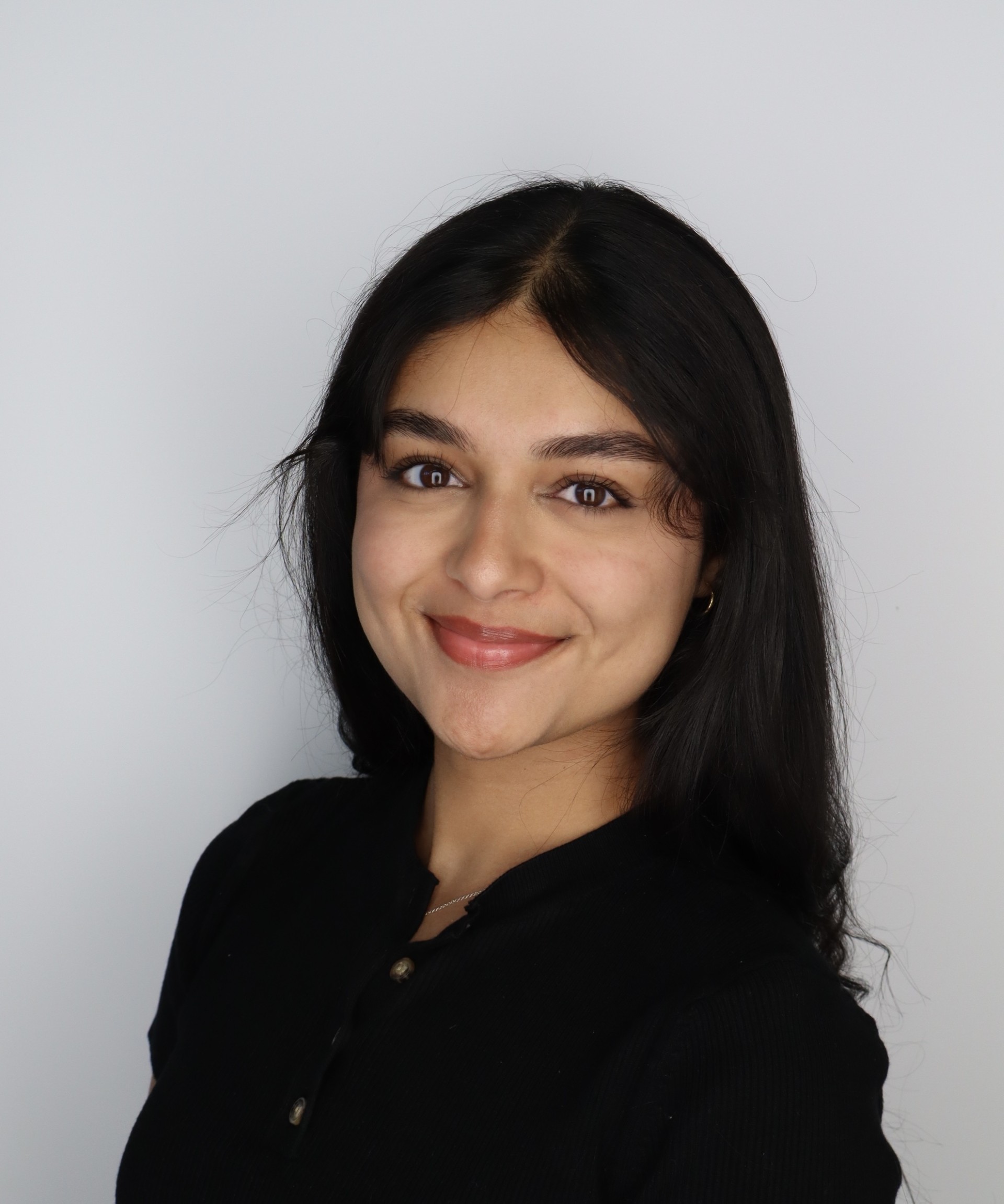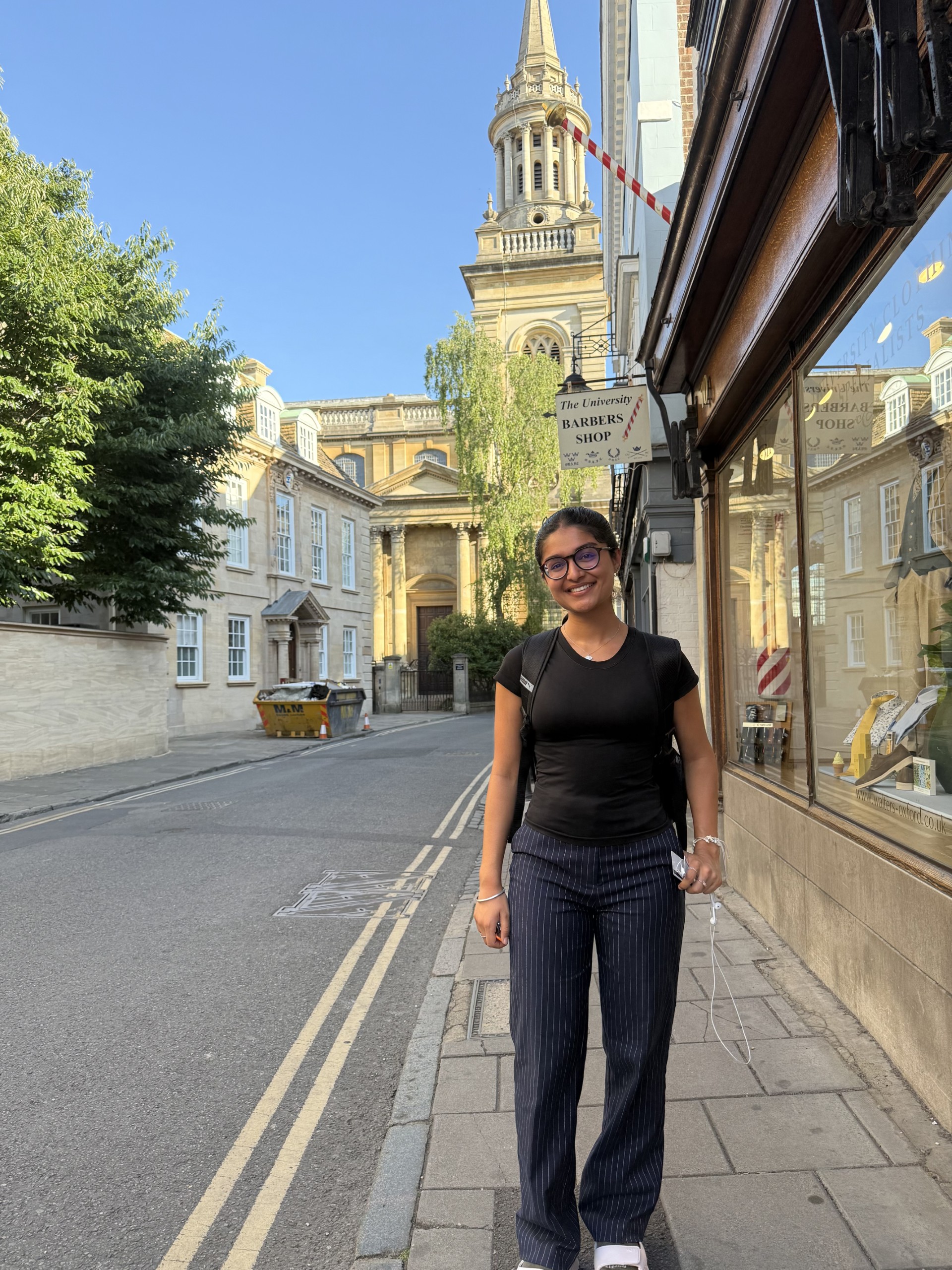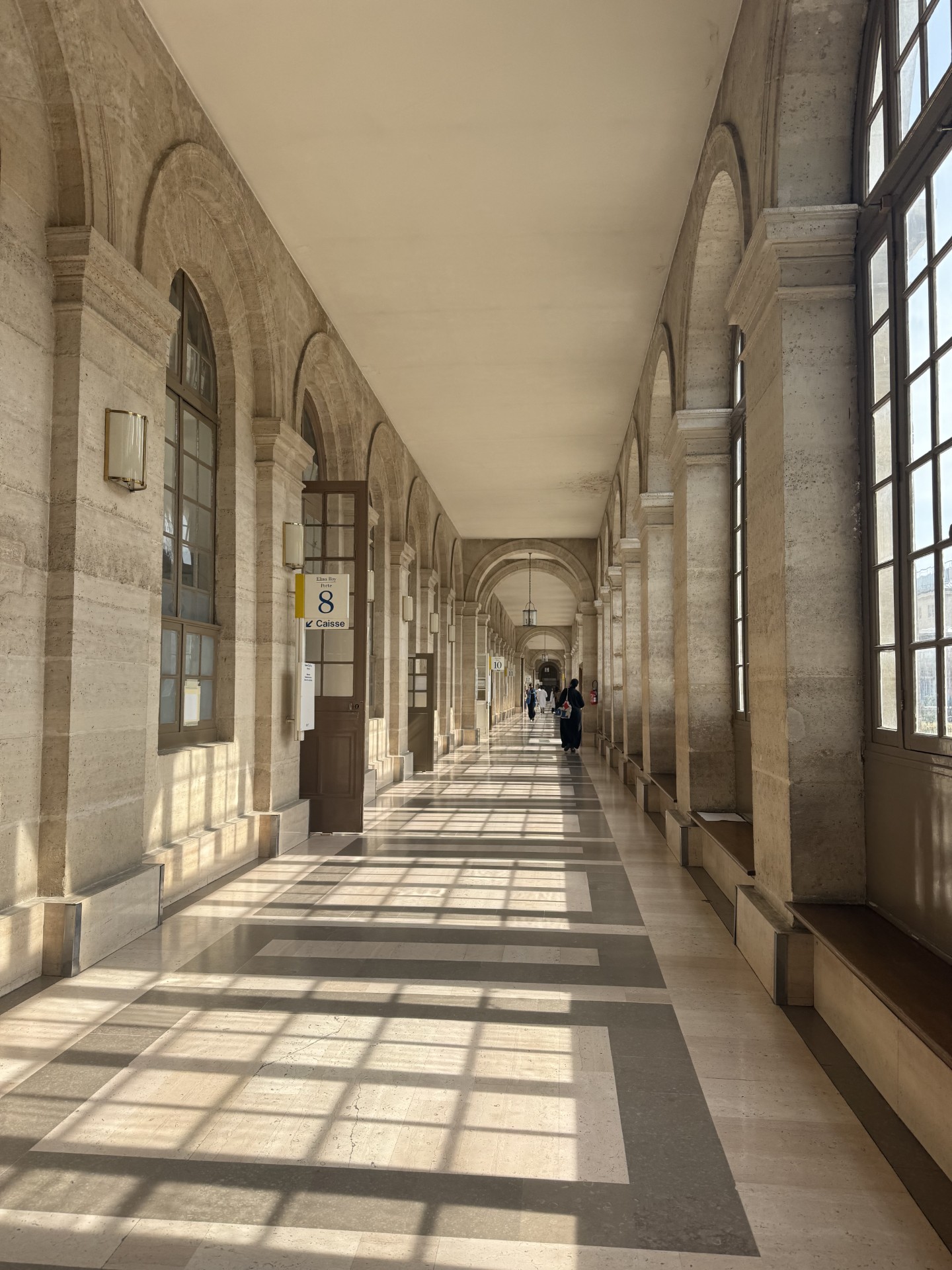Jasnoor Kaur is a third-year student studying social relations and policy at James Madison College and neuroscience at Lyman Briggs College. She is driven by a passion for equity, innovation and transforming global health systems.
One of the most powerful qualities to possess in one’s character is the ability to practice true empathy. Not some form of surface-level compassion, but radical, immersive empathy — the kind that doesn’t just acknowledge someone’s pain or joy but fully inhabits it. To feel what they feel, to see the world through their eyes and to let that perspective transform the way you think, speak, build and lead without judgment.
I believe that once you master this kind of empathy, you don’t just become a better person. You become someone capable of creating real, systemic, human-centered change. You become someone who leads not with ego, but with purpose.
This summer, I had the extraordinary opportunity to live and work in two of the most intellectually rich cities globally: Paris and Oxford. In Paris, I joined a team working on cardio-oncological biomarker analysis, using R to extract insights from complex patient data. Although rigorous and technical, my work was deeply human. To me, each data point represented a life, a story — a beating heart navigating the dual burdens of cancer and heart disease. I wasn’t just analyzing patterns — I was helping surface information that could one day improve how scientists approach chemo and cardiovascular disease treatment. In a way, with every action I took, I felt as if patients were living through me and I had a duty not to disappoint.
At Oxford, where I’m spending two invigorating months, I’ve shifted from regional biostatistics to global health systems. I’ve joined a project aimed at strengthening health care infrastructure in low-resource settings, particularly with a technological focus. The work is incredibly rooted in equity and accessibility, bringing about a series of important questions that must be answered efficiently: how can we bring high-quality care to places most systems have historically ignored? How can we leverage technology not to replace human care, but to expand its reach and bridge gaps in access? How can we use a variety of tools to connect low-resource settings to one another, resulting in collective growth? These are the questions I now wake up thinking about.Questions that I dream can be answered, so vulnerable people can lead better lives.
Throughout my experiences, what I’m continuing to learn is this: brilliance doesn’t live inside a title or in a particular country. It doesn’t live under institutional privilege, monetary value nor social standing. The most inspiring, world-changing people I’m meeting this summer aren’t untouchable or otherworldly — they are simply people. People who lead with conviction. People who care deeply and build relentlessly. People who could care less about the status quo and its consequences when you rebel. People who embody radical empathy. People like you and me.
Frankly, it was that very realization that dismantled every self-imposed barrier I didn’t even realize I carried. I stopped waiting to be “perfect” and just started being. I’m taking risks. I’m making decisions. I’m refusing to take no for an answer. I’m stepping into rooms I once thought I had to be invited into — not hesitating for a single second.
As I return to Michigan State University for my penultimate year in a few weeks, I carry this transformation with me. I also carry with me profound gratitude — especially for the university as a whole and James Madison College. The unwavering support I’ve received from faculty and peers laid the foundation for this journey. It enabled me to say yes to challenges I once thought were out of reach and now inspires me to support students like me in the future.
Furthermore, I’m not the same person I was at the beginning of the summer. Yes, I am truly more analytical, but more importantly, I’m sure of who I am. I’m dedicated to constructing a future in health care where I don’t just interact with people but also design and revolutionize the systems that care for them. Every skill I’ve gained in Paris and continue to gain in Oxford, I’m folding back into the legacy I want to leave in this world.
In short, I’m using this experience to architect change at a global scale. This summer was — and is — sheer ignition for me to revolutionize the systems people encounter daily. What I’ve seen, felt and created across continents is becoming the blueprint for novel systems that defy convention and dismantle societal complacency. I’m taking my lived experience and turning it into infrastructure, designed to serve those the world ignores. I’ve also realized that the brilliance I once idolized in others has always been mine too. Now, I’m done playing small — and this is only the beginning of a future I fully intend to lead.
I urge my peers, my colleagues and those I may never meet to do the same: practice radical empathy, be unapologetically bold and ignite the change the world so urgently needs.


